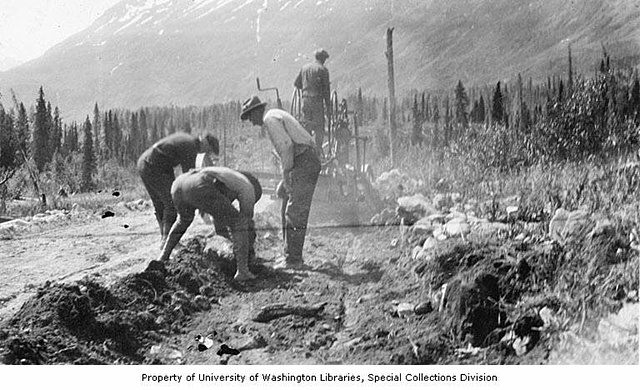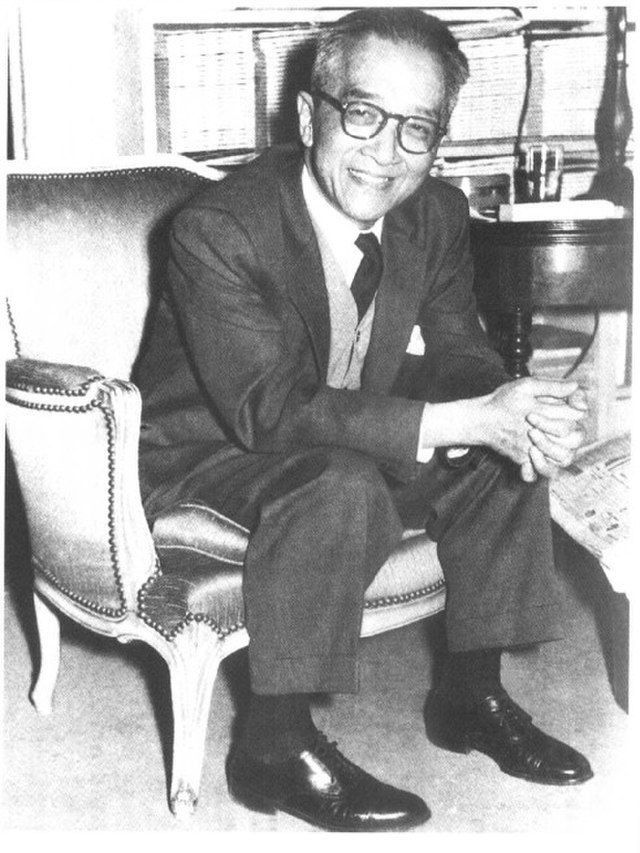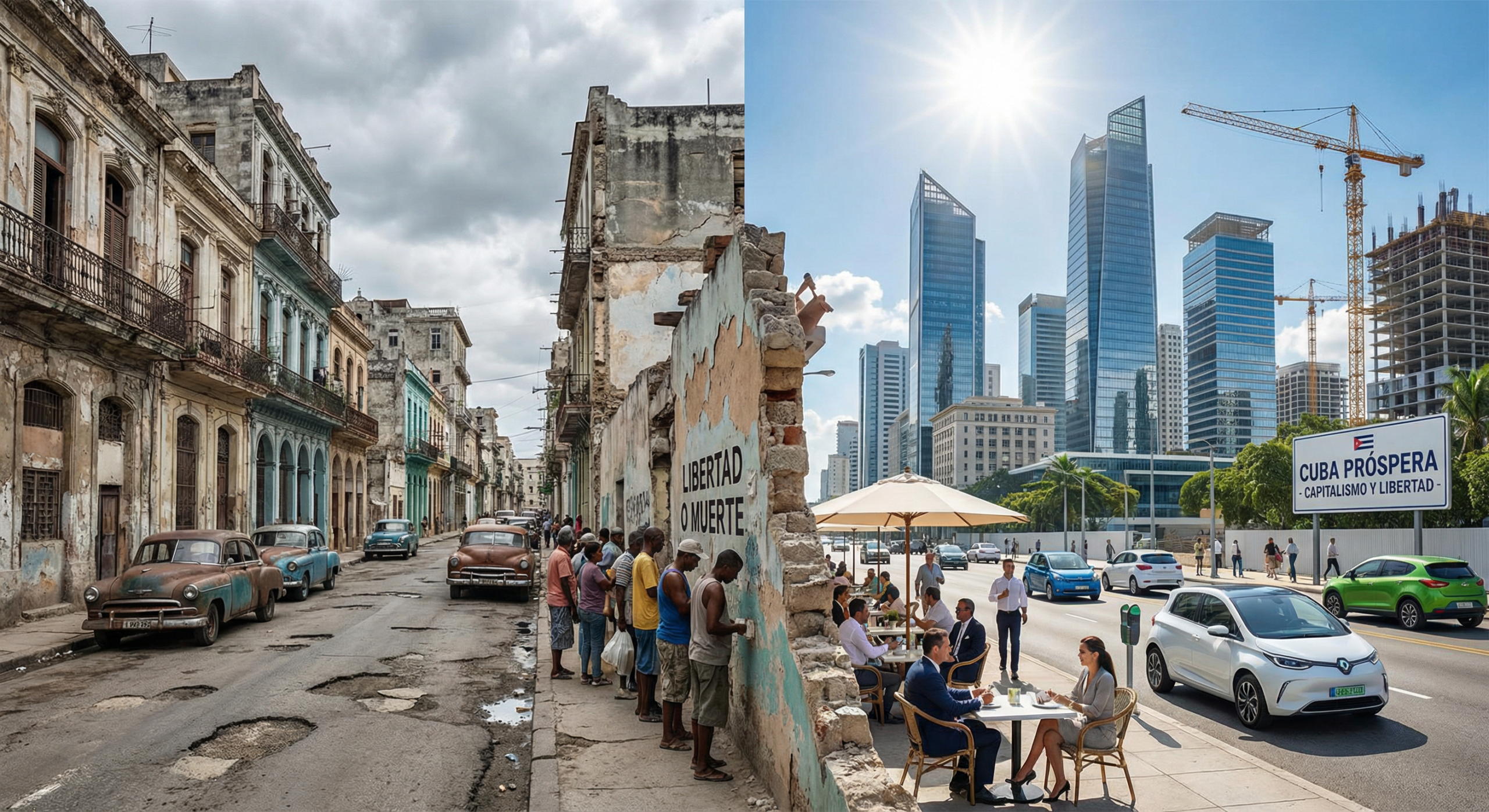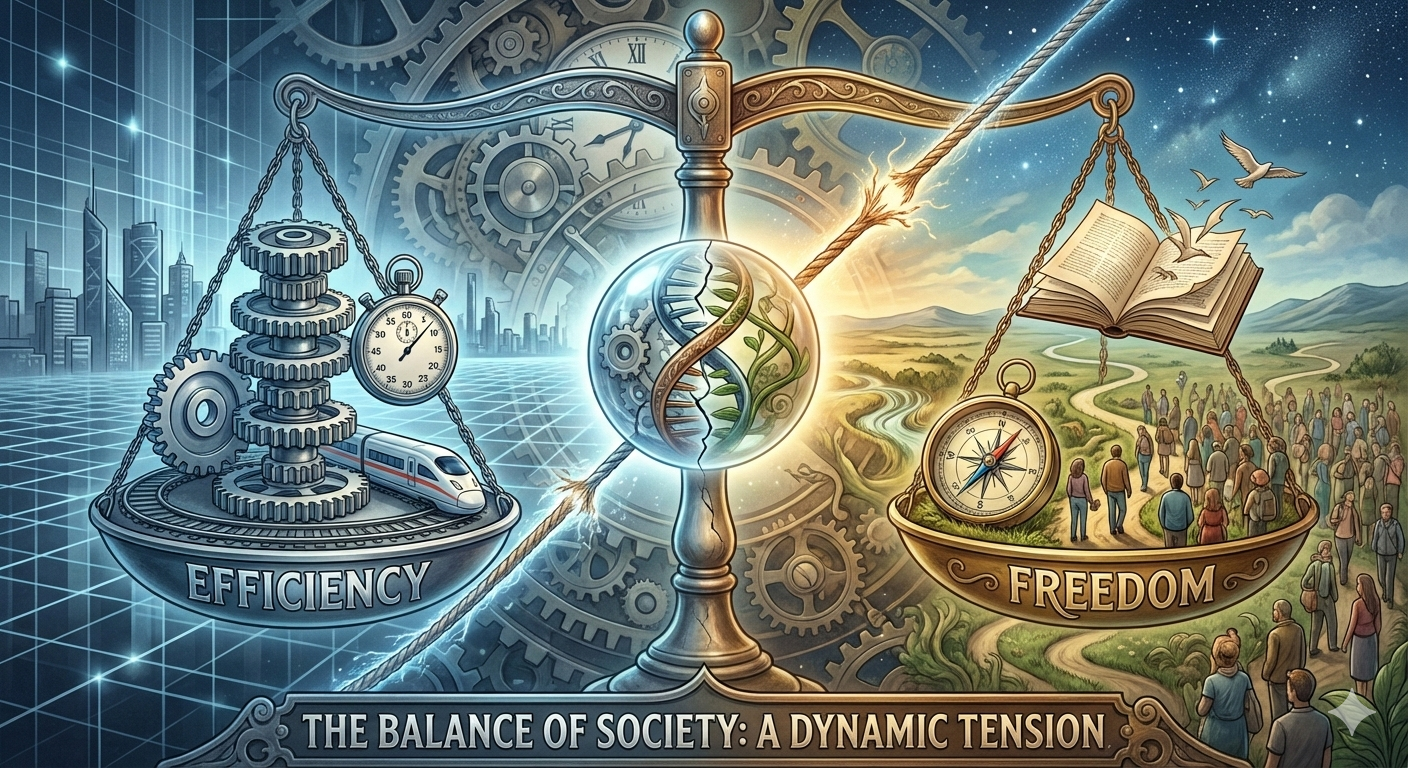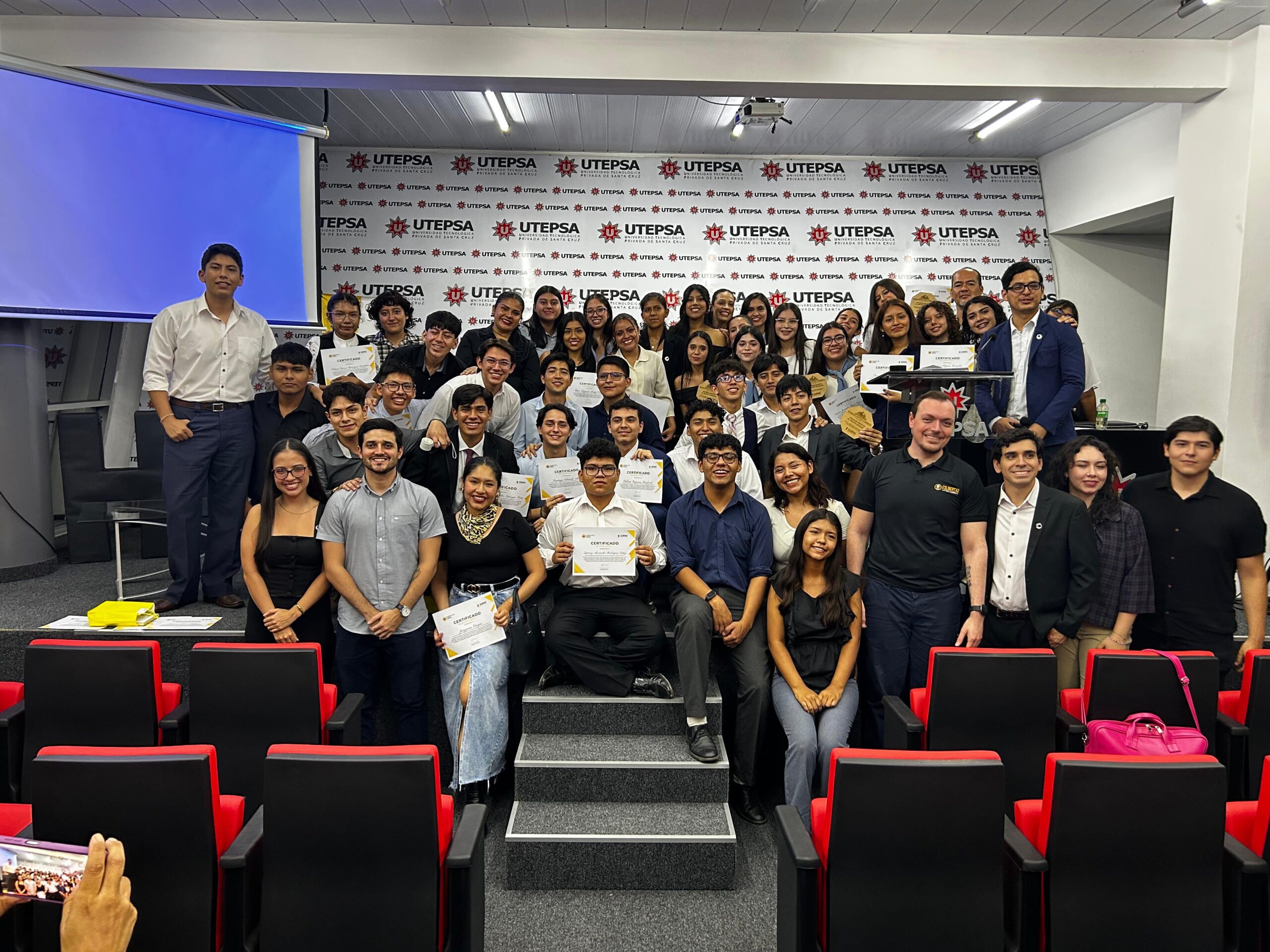Image: Workers on a Highway by Wikimedia Commons
Author: Fredrick Bastiat
Compiled by Mohammad Anas Khan
There were in China two large towns, called Tchin and Tchan. A magnificent canal united them. The Emperor thought it fit to order enormous blocks of stone to be thrown into it for the purpose of rendering it useless. On seeing this, Kouang, his first mandarin, said to him, “Son of Heaven! This is a mistake.” To which the Emperor replied, “Kouang, you talk nonsense.”
I give you only the substance of their conversation. At the end of three months, the celestial Emperor sent again for the mandarin, and said to him, “Kouang, behold!”
And Kouang opened his eyes and looked. And he saw at some distance from the canal a multitude of men at work. Some were excavating, others were filling up hollows, leveling, and paving. And the mandarin, who was very cultivated, said to himself, They are making a highway. When another three months had elapsed, the emperor again sent for Kouang and said to him, “Look!” And Kouang looked. And he saw the road completed, and from one end of it to the other he saw here and there inns for travelers erected. Crowds of pedestrians, carts, litters, came and went, and innumerable Chinese, overcome with fatigue, carried back and forth heavy burdens from Tchin to Tchan, and from Tchan to Tchin. And Kouang said to himself, It is the destruction of the canal that gives employment to these poor people. But the idea never struck him that their labor was simply diverted from other employment. Three months more passed, and the Emperor said to Kouang, “Look!”
And Kouang looked. And he saw that the hostelries were full of travelers and that to supply their wants there were grouped around them butchers’ and bakers’ stalls, shops for the sale of edible bird nests. He also saw that the artisans having need of clothing, there had settled among them tailors, shoemakers, and those who sold parasols and fans; and as they could not sleep in the open air, even in the Celestial Empire, there were also masons, carpenters, and slaters. Then there were officers of police, judges, fakirs; in a word, a town with its suburbs had risen around each hostelry. And the Emperor asked Kouang what he thought of all this.And Kouang said that he never could have imagined that the destruction of a canal could have provided employment for so many people; for the thought never struck him that this was not employment created but labor diverted from other employments and that men would have eaten and drunk in passing along the canal as well as in passing along the highroad. However, to the astonishment of the Chinese, the Son of Heaven at length died and was buried. His successor sent for Kouang and ordered him to have the canal cleared out and restored. And Kouang said to the new emperor, “Son of
Heaven! You commit a blunder.” And the Emperor replied, “Kouang, you talk nonsense.” But Kouang persisted, and said, “Sire, what is your object?” “
My object is to facilitate the transit of goods and passengers between Tchin and Tchan, to render carriage less expensive, in order that the people may have tea and clothing cheaper.”
But Kouang was ready with his answer. He had received the night before several numbers of the Moniteur Industriel, a Chinese newspaper. Knowing his lesson well, he asked and obtained permission to reply, and after having prostrated himself nine times, he said, “Sire, your object is, by an increased facility of transit, to reduce the price of articles of consumption, and bring them within reach of the people; and to effect that you begin by taking away from them all the employment to which the destruction of the canal had given rise. Sire, in political economy, nominal cheapness”—”The Emperor: “I believe you are repeating by rote.” Kouang: “True, Sire; and it will be better to read what I have to say.”
So, producing the Esprit Public, he read as follows: “In political economy, the nominal cheapness of articles of consumption is only a secondary question. The problem is to establish an equilibrium between the price of labor and that of the means of subsistence. The abundance of labor constitutes the wealth of nations, and the best economic system is that which supplies the people with the greatest amount of employment. The question is not whether it is better to pay four or eight cash for a cup of tea or five or ten taels (Chinese money) for a shirt. These are puerilities unworthy of a thinking mind. Nobody disputes your proposition. The question is whether it is better to pay dearer for a commodity you want to buy, and have, through the abundance of employment and the higher price of labor, the means of acquiring it; or whether it is better to limit the sources of employment, and with them the mass of the national population, in order to transport, by improved means of transit, the objects of consumption, cheaper, it is true, but taking away at the same time from many of our people the means of purchasing these objects even at their reduced price.” Seeing the emperor still unconvinced, Kouang added, “Sire, deign to give me your attention. I have still the Moniteur Industriel to bring under your notice.”
But the Emperor said, “I don’t require your Chinese journals to enable me to find out that to create obstacles is to divert and misapply labor. But that is not my mission. Go and clear out the canal, and we shall reform the custom house afterwards.” And Kouang went away tearing his beard, and appealing to his God, “O Fo! Take pity on thy people; for we have now got an emperor of the English school, and I see clearly that in a short time we shall be in want of everything, for we shall no longer require to do anything.”
The above story has been taken from Bastiat’s masterly work “Economic Sophisms” Can you relate similar projects on behalf of your Governments with an excuse of giving employment? Have you ever thought about it? If not, then this is the time!
